S&P 500: -0.29% DOW: -0.92% NASDAQ: 0.40% 10-YR: 3.46%

Last Week on WallStreet - May 13th, 2023
What Happened?
The week gave investors a sliver of relief from volatility as the debt ceiling standoff and hawkish comments out of the Fed kept markets in a tight range. The most notable data release this week was the inflation report which proved to be a lot of bark and no bite. On one hand, inflation is coming down yet on the other, the rate of change is slowing and may prove sticker than previously thought. Interestingly, the dollar had its largest weekly gain since February likely due to its safe haven status. In Fixed Income land, the story is the same as 10-YR yields are trading in a 2-month range.
Beneath the surface, nearly all underlying S&P sectors finished the week lower. Communications recorded a solid gain primarily due to Alphabet, Google's parent company, beating earnings expectations and unveiling a swath of A.I. initiatives. Energy and Materials continued their slump, leading the index lower as economic fears strengthen.
Inflation Eased in April but Remains Stubbornly High
- Consumer prices rose a seasonally adjusted 0.4% in April, versus a 0.1% gain in March
- The index rose 4.9% from a year earlier, per the Labor Department
- Core prices, which exclude volatile food and energy items, rose 5.5% from a year earlier
- Excluding shelter along with food and energy, prices rose 3.7% in April from a year earlier
The key takeaway - Headline inflation continues to moderate which is a welcomed trend for day-to-day consumers. However, given your stance on the current economic environment and level of pessimism, this CPI report could be perceived as great or not-so-good. On one hand, headline, "core", and "super-core" inflation are falling, allowing the Fed more room to shift from hiking interest rates to a pause. On the other, the sharp decline seen previously has decelerated meaningfully, especially in "core" inflation, while we remain at 2+ times the Fed's long-term target. This could mean that inflation will remain stubbornly high for some time and the Fed may need to keep rates elevated for longer than expected.
Fed Report Shows Banks Worried About Conditions Ahead, With Focus on Slowing Economy and Deposit Outflows
- The Fed’s quarterly Senior Loan Officer Opinion survey said requirements got tougher for commercial and industrial loans
- Lending standards for many household-debt instruments such as mortgages, home equity lines of credit, and credit cards also tightened
- The survey also showed that demand for loans weakened across most categories
- The loan officers further said they expect troubles to persist over the next year on fears of economic softening and deposit outflows
The key takeaway - Typically the loan officer survey comes and goes without too much attention being paid by markets. Since the banking stress in March, however, investors have looked to the report for insight into how banking executives perceive their businesses. Via the survey, we see a potential double whammy for economic growth as lenders restrict access to loans by less credit-worthy businesses, and businesses themselves show reduced demand for debt. Without capital flowing smoothly to these commercial interests to invest in expansion, growth in the economy could begin to sputter.
Consumer Sentiment Falls in May on Recession, Debt Ceiling Standoff Worries
- The overall consumer sentiment index fell 9.1% to 57.78 from, April's reading of 63.5
- The current conditions index fell to 64.5 from April's 68.2
- The expectations index fell to 53.4 from 63.5, an 11.7% drop
- The figures came in well below expectations of a slight decline in sentiment
The key takeaway - Consumer sentiment has been volatile over the last few months as households contend with conflicting news around higher stock prices, economic worries, inflation, a banking crisis, and the recent political strife. In the latest reading, sentiment took another leg down as the debt ceiling standoff grabbed Americans' attention and worsened their outlook. Despite strong labor figures last week, concerns over a coming recession have also soured expectations. How this shift will impact how consumers spend remains to be seen.

From the Waterloo Watercooler
Peloton recalled 2.2 million of its bikes after discovering the seat post could break while riding and cause injury
The NFL released its schedule for the upcoming season with big games across the major US holidays
The cost to insure US debt against default now exceeds that of insuring bonds from Greece, Mexico, and Brazil, courtesy of the debt ceiling standoff
Tempur Sealy, the world’s largest mattress-maker, agreed to buy Mattress Firm, the largest US specialty mattress retailer, for $4 billion. The deal will likely face antitrust scrutiny



